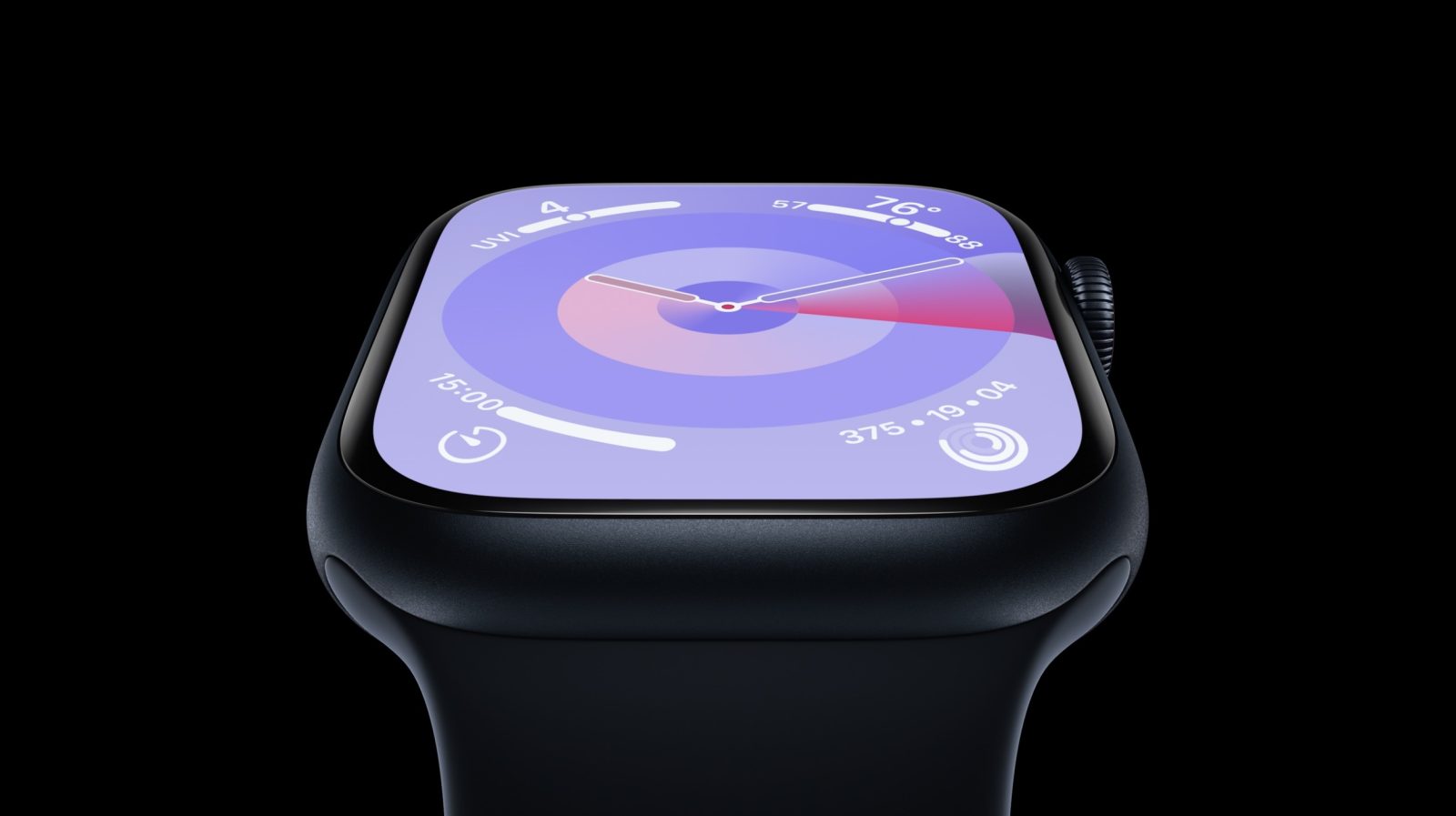
As expected, the ITC today filed its response to Apple’s request to stay the Apple Watch ban for the duration of Apple’s appeal of the ruling.
In its response, filed on Wednesday with the US Court of Appeals for the Federal Circuit, the ITC said that Apple’s arguments “amount to little more than an indisputably adjudicated infringer requesting permission to continue infringing the asserted patents.
The ITC ruled in October that the Apple Watch Series 9 and Apple Watch Ultra 2 blood oxygen sensor infringe on two patents held by medical device technology company Masimo. As 9to5Mac was the first to report, Apple was forced to briefly halt all sales of those devices in the United States last month.
The Apple Watch Series 9 and Ultra 2 then returned to the market after the US appeals court granted Apple’s request to pause the ban it awaits a decision from US Customs and Border Protection.
Apple has submitted a software redesign of the Apple Watch Ultra 2 and Apple Watch Series 9’s blood oxygen feature to US Customs and Border Protection. Apple believes that this software change avoids infringing on the two Masimo patents. That decision from US Customs is scheduled to come on January 12.
Simultaneously, Apple has also requested to pause the Apple Watch ban throughout the entire duration of the appeals process. In a filing with the court on Wednesday, the ITC opposed this request from Apple:
Appellee International Trade Commission respectfully opposes Appellant Apple Inc.’s motion for a stay pending appeal. Apple presents a weak and unconvincing case to invoke the extraordinary remedy of a stay pending appeal under the Standard Havens factors. Its arguments amount to little more than an indisputably adjudicated infringer requesting permission to continue infringing the asserted patents. Chiefly, Apple fails to demonstrate the two most important factors in granting a stay—likelihood of success on the merits and irreparable harm.
For likelihood of success, there is no legal error in the Commission’s final determination and Apple essentially and improperly asks the Court to reweigh the evidence supporting the Commission’s factual findings, all of which are supported by substantial evidence.
Equally weak are Apple’s irreparable harm arguments. Contrary to Apple’s assertions, Apple’s harm is not unquantifiable, but rather speculative, at least because Apple provided no affidavit to support its assertions of irreparable harm to its goodwill and reputation, instead relying on a declaration presented to the Commission that (inadequately) addressed its public interest argument.
This stands in stark contrast to instances where this Court has granted a stay based on affidavits including specific assertions of “employee layoffs, immediate insolvency, and, possibly, extinction.”
To the extent Apple relies on the soon-expected ruling from Customs and Border Protection (“CBP”) as to whether certain redesigned Apple Watches infringe the, Asserted Patents, those arguments are, at best, misplaced. A favorable ruling to Apple has no bearing on Apple’s alleged likelihood of success on the merits as to any raised issue, and instead would undermine Apple’s “irreparable harm” argument. The stay motion should therefore be denied.
What happens next?
While today was the deadline for the ITC to submit its response to Apple’s request, other parties have until January 15 to file their support of or opposition to the ruling with the court. The US appeals court will then make a decision on whether or not to stay the Apple Watch ban through the duration of Apple’s entire appeal of the initial ITC ruling.
If US Customs rules that Apple’s software change is inadequate and the appeals court rejects Apple’s request for a stay on the ban through the entire appeals process, the Apple Watch Series 9 and Apple Watch Ultra 2 could be removed from the market again.
Meanwhile, the decision from US Customs is expected on Friday, January 12.
Add 9to5Mac to your Google News feed.
FTC: We use income earning auto affiliate links. More.






